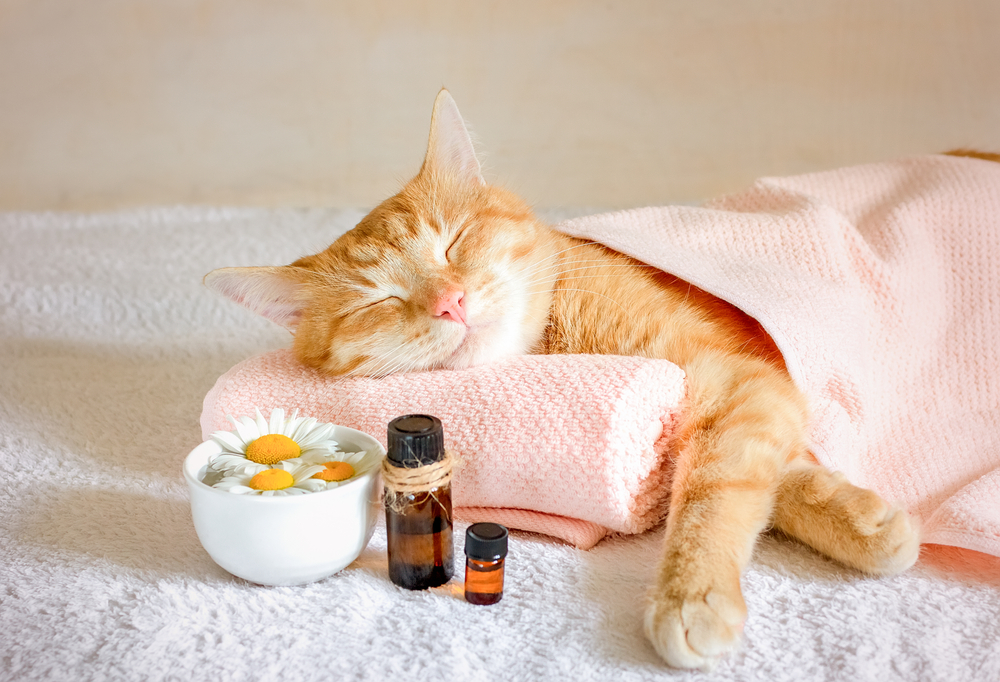Sleep problems must first and foremost lead to a global reform of lifestyle. Then, using natural substances while waiting for thorough work to bring results is possible. Natural sleep aids can gently assist the body towards a quality sleep.
This general information does not replace, in any case, the consultation of a general practitioner or specialist. Some food supplements misused can be dangerous. It is advisable to consult a health professional to consider contra-indications and drug interactions.
Natural sleep aids: PLANTS
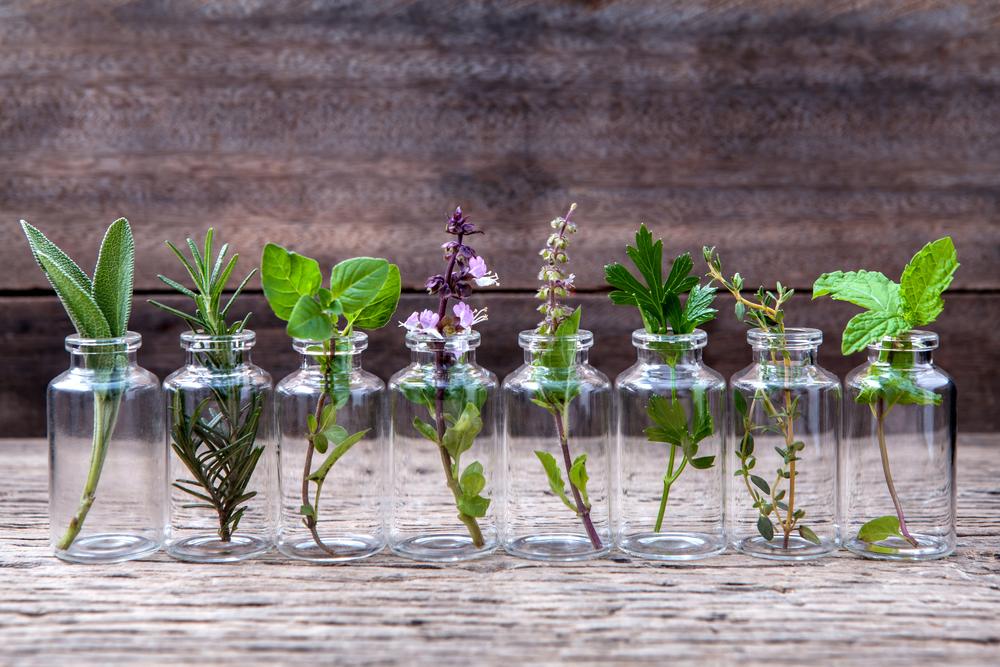
Many medicinal plants have properties to relax and help people fall asleep. Although they do not have the speed of action of a chemical sleeping pill, their effects are not negligible.
Moreover, know that plants act even better in synergy when they are associated. Here are the main natural sleep aids plants that promote sleep:
Valerian (valeriana officinalis)
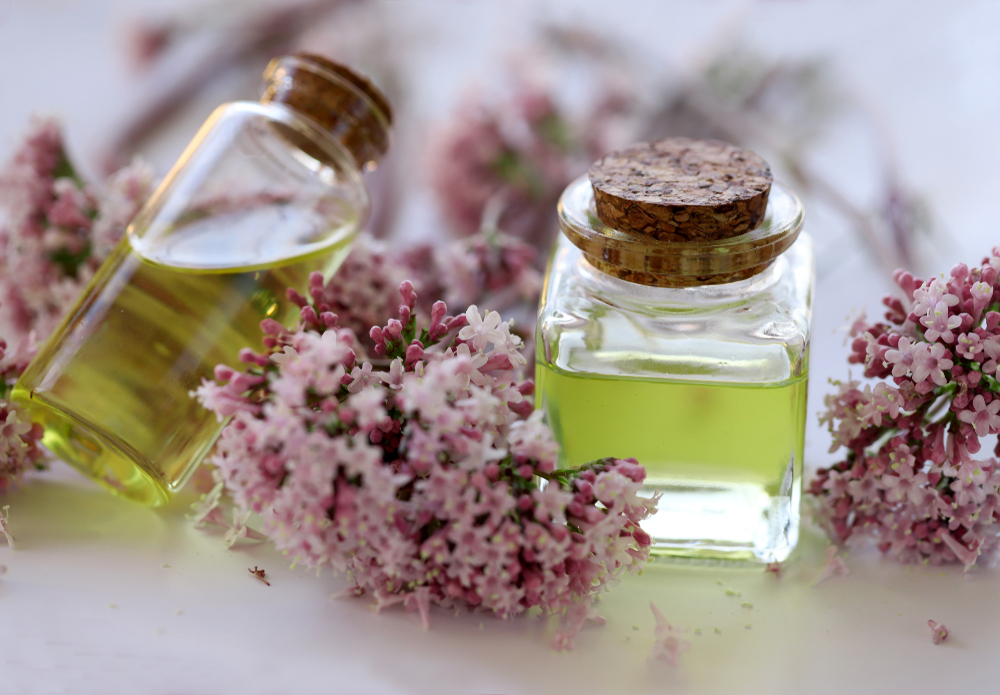
Valerian is calming and relaxing for the nervous system. Its root contains valeric acid, which inhibits the transmission of information between neurons and thus facilitates falling asleep and quality sleep.
California poppy (Eschscholtzia californica)
California poppy reduces stress, facilitates sleep, and falls asleep thanks to the alkaloids in its leaves. Therefore, this plant would be effective in association with valerian to fight against insomnia.
Hawthorn (crataegus oxyacantha, c. monogyna)
Hawthorn is advisable for sleep disorders because of its action on the heart muscle. Moreover, the active ingredients contained in these flowers regulate the heartbeat, lower blood pressure, and allow relaxation.
Ashwagandha (Withania somnifera)
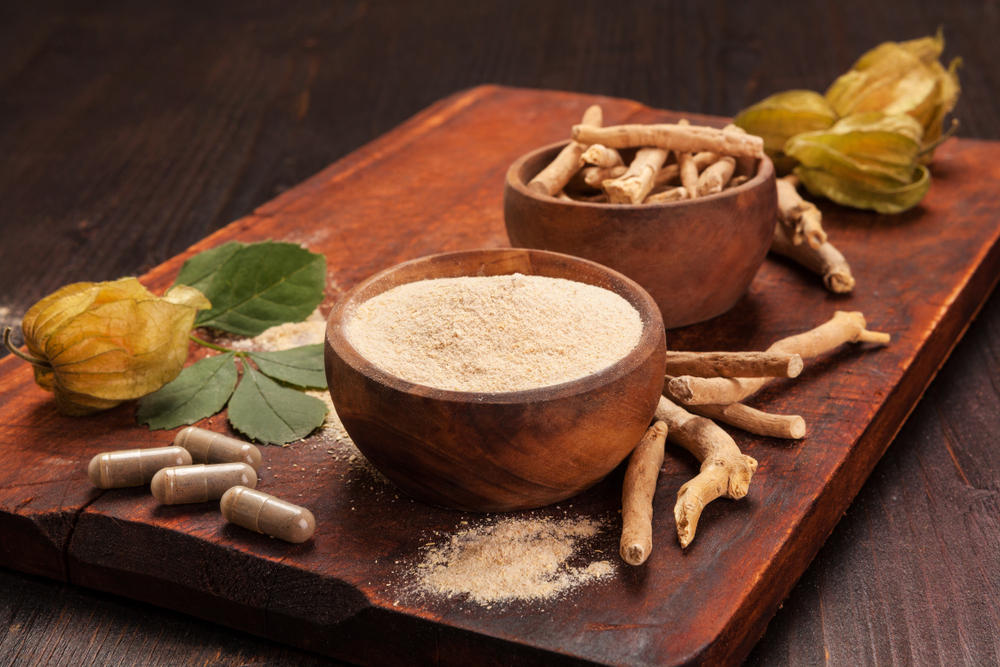
Also called Indian ginseng, it is an adaptogenic plant that has sedative properties and helps fight insomnia and relieve stress. Indeed, these roots contain pyrrolic alkaloids responsible for their relaxing effect. Moreover, it is rich in tryptophan, which is necessary for the metabolism of melatonin (sleep hormone).
Roman chamomile (Chamaemelum nobile)
It is known for its calming and relaxing effects and makes it easier to find sleep. These flowers are the part used for its virtues.
Poppy (papaver rhoeas) a soothing natural sleep aid
Poppy contains active substances (alkaloids) in its petals with soothing virtues, which allow it to fight against insomnia and find quality sleep.
Passionflower (passiflora incarnata)
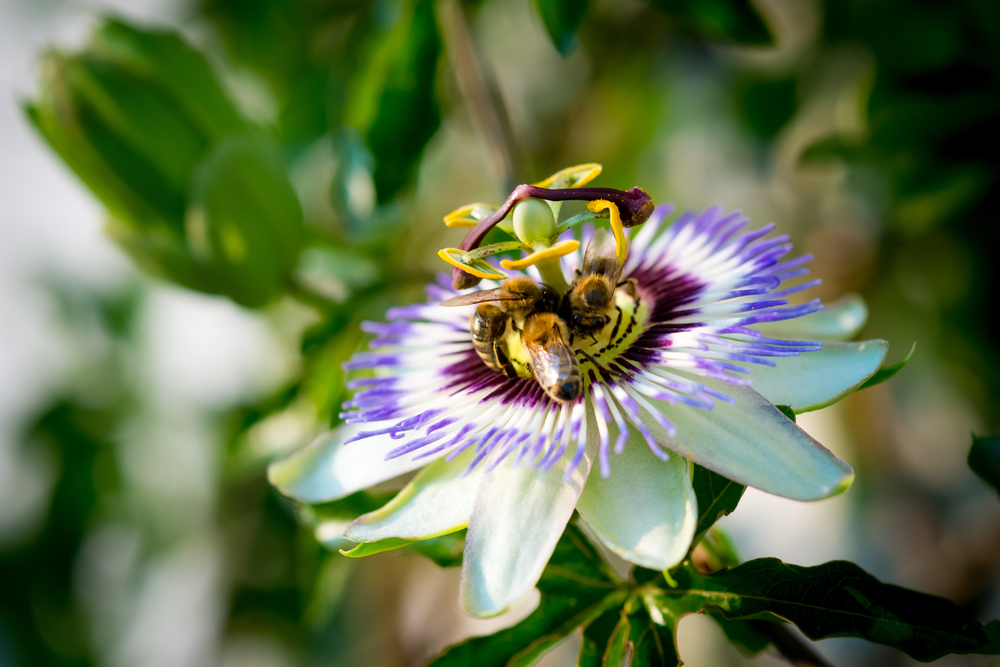
Passionflower is a natural sleep aid that contains flavonoids, maltol, and alkaloids in its flowers with relaxing properties. Therefore, it is suitable for facilitating sleep and relaxation and reducing anxiety, as confirmed by numerous studies.
Griffonia (griffonia simplificifolia)
Its seeds contain a large quantity of 5-HTP, the precursor of serotonin. As a result, this natural sleep aid helps fight against mood disorders, depression, and anxiety and promotes sleep.
Hops (humulus lupulus)
Hops helps to fight against anxiety and sleep disorders. The female flowers contain active sedative ingredients.
Lemon balm (Melissa officinalis)
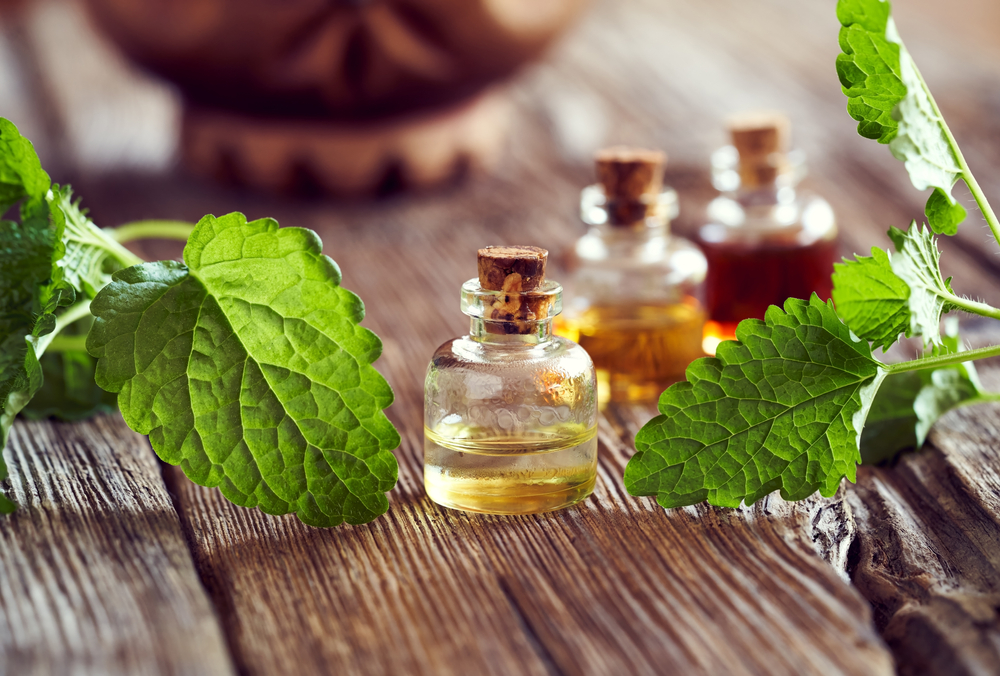
Lemon balm has relaxing and calming properties. In addition, it participates in the regulation of the nervous system. Using these leaves and flowering tops reduces depression, anxiety, stress, and sleep disorders.
Lime tree (tilia)
Lime reduces sleep disorders and facilitates sleep. In addition, the lime blossom has a soothing effect that can facilitate relaxation and falling asleep.
CBD: a powerful natural sleep aid
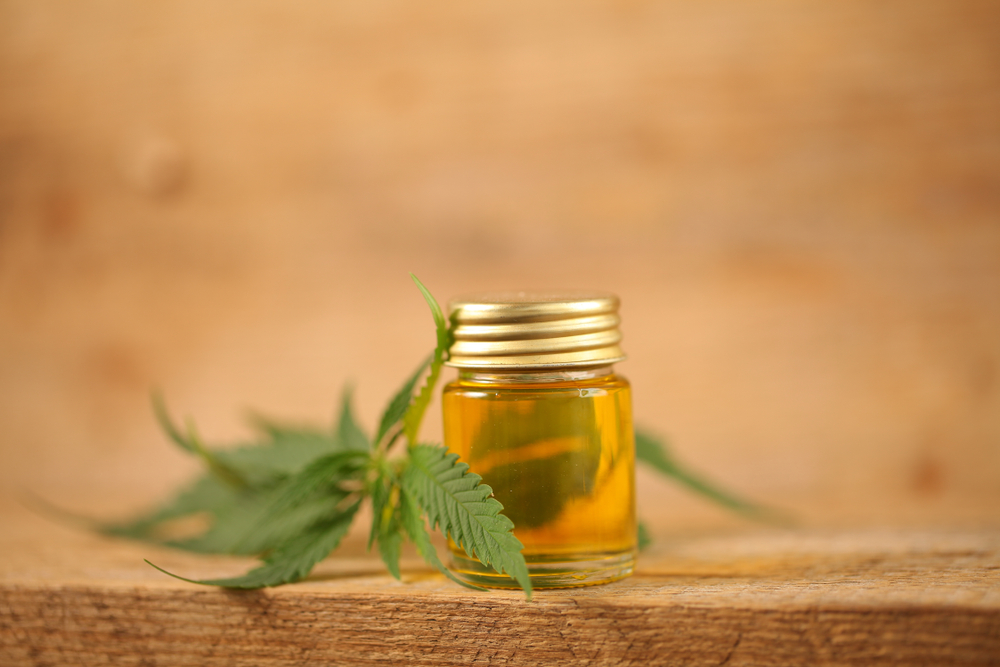
CBD or cannabidiol is a natural non-psychotropic substance from cannabis (cannabis sativa) with anxiolytic, anti-inflammatory, and analgesic properties. More and more studies confirm that these interesting effects facilitate sleep through relaxation and induce deeper sleep. Furthermore, CBD can be found in food supplements in oil at different concentrations.
ESSENTIAL OILS as a sleep remedy
Essential oils (EO) contain concentrated and powerful active ingredients that can be valuable allies to relax and find sleep more easily. However, be attentive to the contra-indications and the use methods of these essential oils.
For this, it is advisable to consult a competent health professional. Also, the essential oils below have soothing, relaxing, and sedative properties, making it easier to induce sleep. Finally, the Essential Oils are used in diffusion (or to breathe on a handkerchief) and cutaneously diluted in vegetable oil.
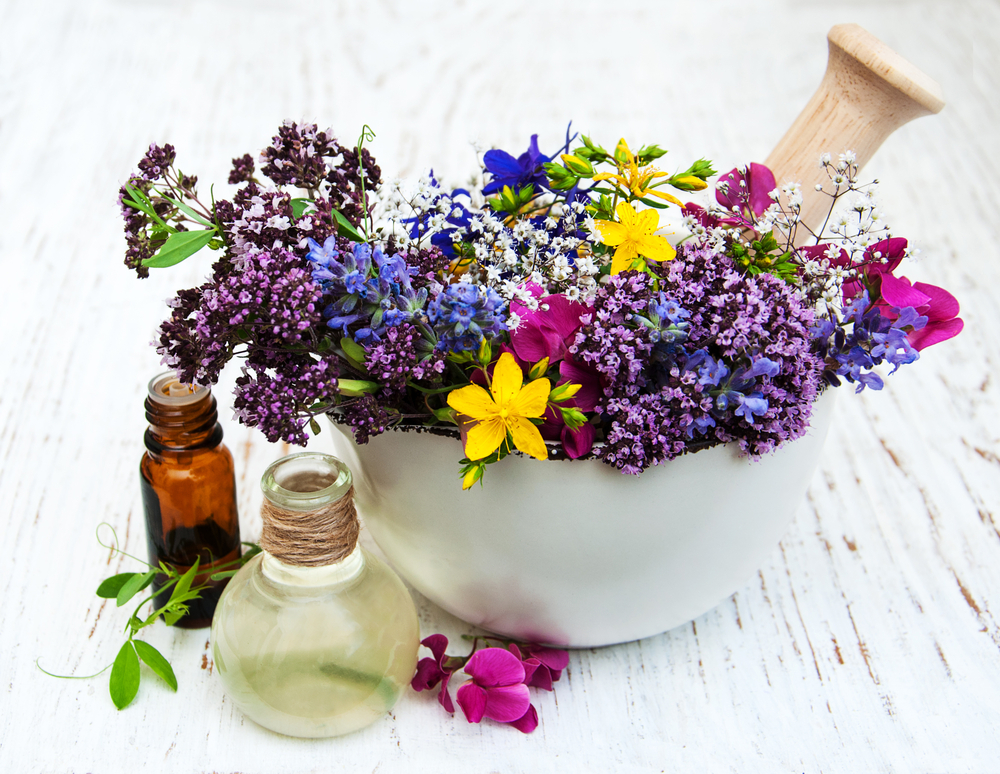
- EO of lavender officinale or true lavender
- EO of petit grain bigarade (bigardier) or bitter orange
- Sweet orange EO
- Marjoram EO
- Holy basil EO
BACH FLOWERS & sleep

Bach flowers are essences used to act on the emotional sphere, which acts on our physical state. Thus, the elixirs of Bach flowers are appropriate for relaxation, which can facilitate sleep in anxiety and nervous agitation cases.
- White Chestnut to reduce stress, calm thoughts, and promote relaxation.
- Aspen to relieve tension and fears.
- Mimulus (mimule) to reduce anxiety
- Impatient (impatiens) to calm the impatient
- Rescue (a blend of 5
VITAMINS: essentials sleep aids
Vitamin D
Vitamine D directly affects sleep regulation because it is involved in melatonin metabolism. Furthermore, deficiency in vitamin D can thus alter sleep quality through restless legs syndrome or sleep apnea syndrome.
Vitamin C
Contrary to popular belief, vitamin C is necessary to increase sleep duration, reduce sleep disorders and decrease sleep apnea syndrome. It is present in all fruits and vegetables.
Group B vitamins
They are necessary to properly function the nervous system and produce neurotransmitters such as melatonin. Indeed, a study has shown that vitamin B6 supplementation increases the ability to remember dreams. Other studies show a link between sleep quality (insomnia) and vitamin deficiency. B vitamins are mainly in fruits, vegetables, oilseeds, and animal products.
MINERALS & TRACE ELEMENTS
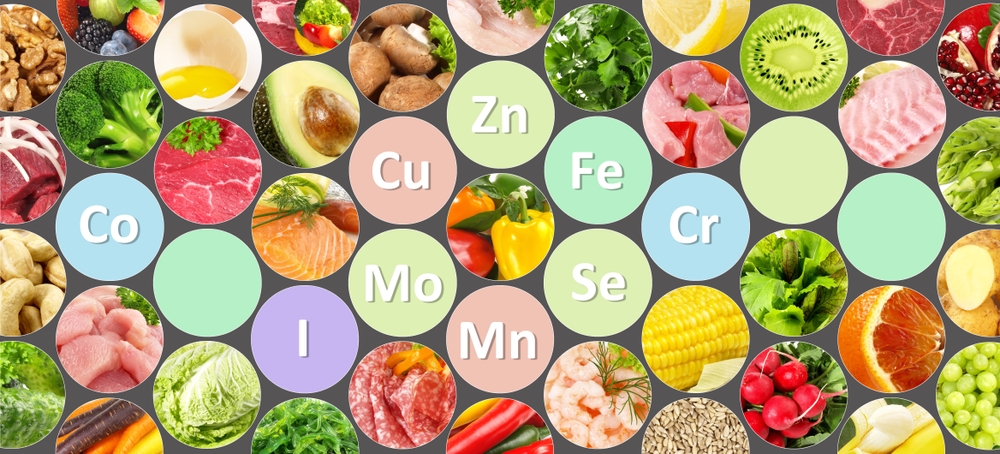
Magnesium
Essential to the proper functioning of the nervous system, it promotes relaxation. Moreover, it also increases the availability of tryptophan in the body (allowing the synthesis of melatonin). In case of a magnesium deficiency, it is preferable to turn to organic mineral salts whose assimilation is the highest.
In the diet, organic magnesium is present in oilseeds, dried fruits, and green vegetables. In addition, green vegetable juices and marine plasma are important sources of magnesium. Finally, it is possible to supplement with isolated magnesium. In this case, choose the forms with the highest bioavailability and the lowest side effects (magnesium citrate, glycinate, or bisglycinate).
Potassium
Potassium helps maintain regular sleep cycles. Studies have shown that low potassium levels in the blood are associated with sleep disorders. Potassium is abundant in fresh and dried fruits, oilseeds, and green vegetables.
Zinc
Zinc is one of the natural sleep aids that transforms tryptophan into serotonin and melatonin, therefore playing an essential role in sleep quality. It is in animal products, sea products (shellfish, crustaceans, seaweed), nuts, mushrooms, and, to a lesser extent, in greens and microalgae.
Iron
It is a trace element that participates in the sleep mechanism. Numerous studies have shown that iron supplementation for people with a deficiency is beneficial for sleep disorders. It is present in animal products, seafood, oilseeds, algae, microalgae, and parsley …
Calcium
Calcium is linked to sleep cycles and is necessary to reach the REM sleep phase (restorative sleep). For deficient people, a supplementation would facilitate sleep. Calcium is in oilseeds and green vegetables (cabbage), in moringa …
AMINO ACIDS for a better sleep
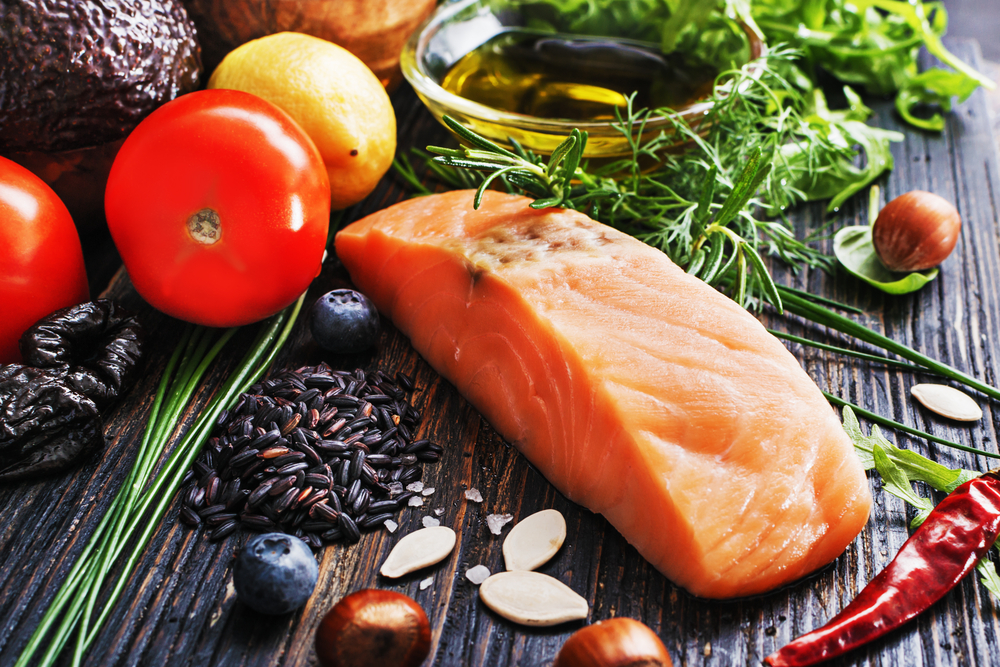
TRYPTOPHANE is an essential amino acid, the precursor of serotonin (happiness hormone), produced at 80% under the influence of the intestinal microbiota, which is necessary for synthesizing melatonin (sleep hormone) in the body. It is present in meat, fish, eggs, oilseeds, dates, seaweed, cabbage, spinach, banana, avocado, apricot, kiwi, persimmon, mango, and cocoa …
TYROSINE is an amino acid that synthesizes hormones and neurotransmitters such as adrenaline, noradrenaline, and dopamine. The last 2 are involved in sleep, waking, dreams, and nightmares. In addition, tyrosine can be produced by liver cells from phenylalanine, another amino acid. It is also possible to bring it by the food (meat, fish, eggs, oleaginous, avocado, banana, sesame, and pumpkin seeds, mushroom, beet, asparagus, radish, parsley, spinach…).
MELATONIN & sleep
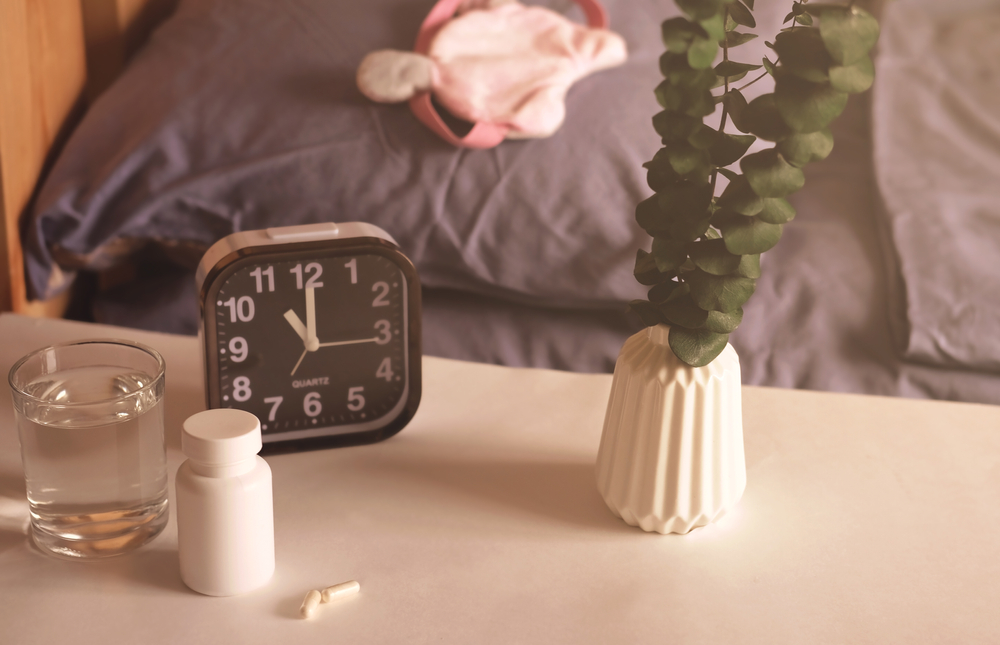
Melatonin, also known as the sleep hormone, plays a central role in the sleep mechanism. This natural sleep aid is secreted by the pineal gland at night as soon as the light decreases. Melatonin can stabilize and resynchronize circadian rhythms. Its secretion lowers the body temperature, facilitating entry into sleep. Also, it is possible to temporarily find melatonin as a dietary supplement to compensate for a potential deficiency.
In France, below 2 mg, melatonin is sold over the counter. Above this level, it becomes a prescription drug. Melatonin supplementation is not harmless and can cause side effects: headaches, dizziness, nausea, vomiting, abdominal pain, nightmares, irritability, anxiety, and skin problems… However, they are much less serious than those caused by conventional sleeping pills.
This supplementation is not recommended for pregnant and breast-feeding women, children, and people suffering from auto-immune diseases, inflammatory diseases, epilepsy, and asthma. Finally, it presents some drug interactions that can reduce their effectiveness.
Some plants contain melatonin in reduced quantities, such as cherries, tomatoes, alfalfa, ginger, chlorella, fennel, acacia, etc. Others, such as bananas and avocados, contain tryptophan, a precursor that promotes melatonin synthesis.
POSTBIOTICS: natural sleep aids
A postbiotic is a beneficial product or metabolite resulting from the bacterial fermentation of the intestinal microbiota. They are enzymes, polysaccharides, vitamins, short-chain fatty acids, and neurotransmitters. Note that they have many properties, some of which directly affect the sleep mechanism.
An adapted physiological diet normally provides probiotics (bacteria) and prebiotics (fibers) necessary for postbiotic production. Finding postbiotics directly in the diet or even isolated in food supplements is also possible. The health of the intestinal microbiota is essential to allow sufficient postbiotic production. An intestinal dysbiosis could thus be correlated to sleep problems.
Butyrate
A short-chain fatty acid plays an important role in falling asleep and in sleep quality. Resulting of the fermentation of the bacteria of the intestinal microbiota, it would act at the intestinal level on the sensory mechanisms of the portal vein, leading to sleep. Butyrate constitutes a signal triggering sleep. It would extend deep sleep and reduce REM sleep phases. Butyrate production depends on prebiotics (fibers) in the diet.
Vitamins B5, B9 and B12
They are necessary to transform tryptophan into serotonin and then into melatonin. Indeed, they come from the bacterial fermentation of the intestinal microbiota, but they are also present in the diet (oleaginous plants, green vegetables, fruits, and animal products).
GABA a calming natural sleep aid
Also called gamma-aminobutyric acid, it is an inhibitory neurotransmitter that lowers the nervous activity of neurons. It is, therefore, essential to promote the relaxation necessary to fall asleep.
GABA is naturally present in the plants in our diet (fruits and green vegetables). Our body also synthesizes this substance. Indeed, within our intestinal microbiota, the Escherichia coli bacteria can produce GABA.
HOMEOPATHY
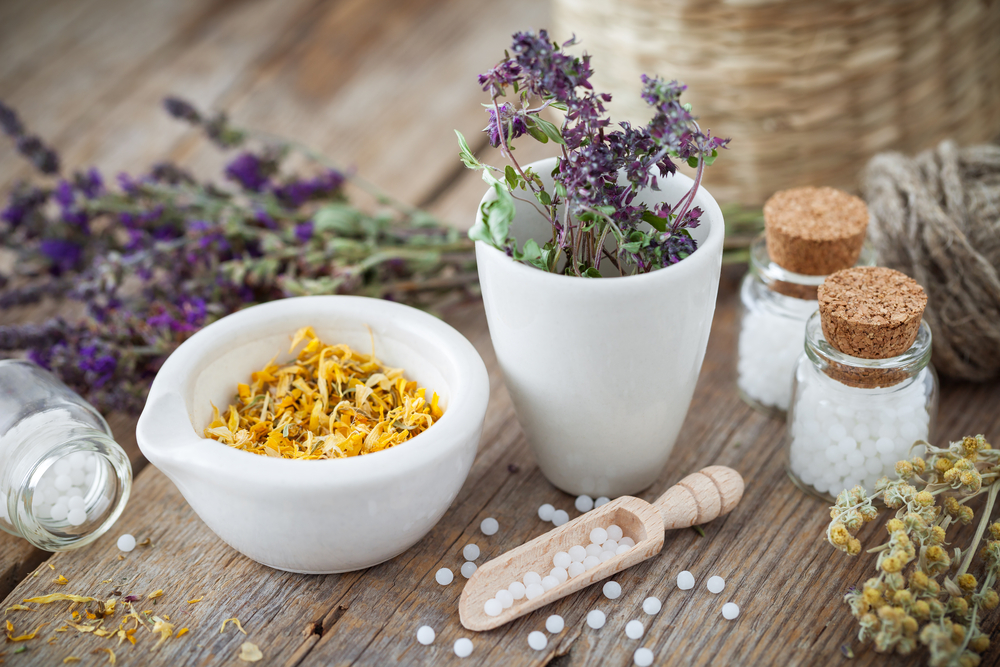
Homeopathic treatments for sleep disorders depend on the context of expression of these disorders. Before using these natural sleep aids it is recommended to consult a homeopath. Indeed, the treatments depend on each homeopathic profile. According to the cases, in a non-exhaustive way, it will be possible to take the following strains:
- Passiflora incarnata and ambra grisea for disorders related to anxiety and nervousness
- Coffea cruda when the cause of the disorder is overexcitement and constant thoughts.
- Lachesis and sepia for disorders related to menopause.
- Zincum metallicum for disorders related to occasional nervous exhaustion.
- Nux vomica for disorders related to hyperactivity, overwork, for people who frequently consume stimulants such as coffee, tobacco and alcohol.
- Gelsemium, a natural sleep aid that will help you when the disorders appear on the eve of an important deadline causing stress.
- Ignatia for disorders related to hypersensitivity and daily worries.
There are compounds such as Passiflora compound, a mixture of 8 strains promoting sleep.
If you want to learn more about sleep, don’t hesitate to have a look on my dedicated website: Jeûne & Sens
Would you like to discover more information about sleep?
Have a look at our other articles :

